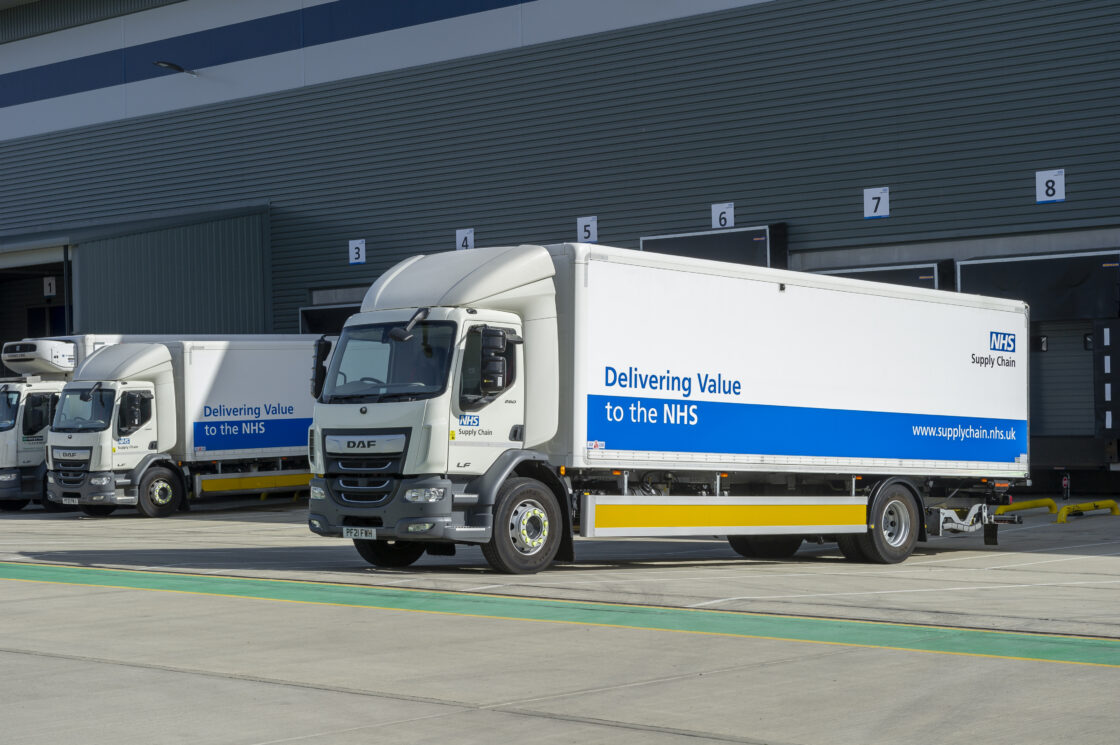New global research from DHL Supply Chain among e-commerce decision makers in retail and consumer goods businesses reveals that the rise in returns is driving a major re-evaluation of policies and processes. Nearly half of the businesses surveyed are considering changes to returns handling processes to bring down the cost and environmental impact of returns.
Returns handling processes that aren’t designed for the current large volumes are a major source of the challenge. Retailers are struggling to effectively process and extract maximum value out of returned items leading to financial loss as well as environmental waste. According to the research, 17% of businesses are turning to disposal as their primary method for handling returned items that aren’t being restocked and sold.
With returns increasing on average 19% in the last two years, recent inflation is causing businesses concern and hastening the need for change.
A lack of integration between e-commerce and other channels is exacerbating the problem as it reduces the ways in which returned items can be restocked and resold. Designing product flows and cycles in the most efficient, and environmentally friendly way is key to tackling this challenge. DHL’s omnichannel returns handling capabilities bring together returns from all sources and its digital returns system enables colleagues to ‘grade’ items to determine the best way to handle the product, whether restocking at full price or discounted rate, repairing, reselling on a secondary marketplace or recycling. DHL then has the capabilities to fully manage the goods through each route, from specialist repairs to charitable donations.
While the financial burden of returns is being felt more acutely due to global economic instability, environmental concern remains one of the main drivers for change. A third of businesses stated they are already calculating the carbon emissions associated with returns and the same number plan to start doing so. What’s more, nearly nine out of ten retailers have plans or targets to reduce carbon emissions associated with returns.
As well as looking at returns handling, businesses are exploring the use of technology to drive down volume such as virtual fitting rooms. Meanwhile, many businesses are considering changes to their customer returns policies with a quarter of those surveyed exploring charges for returns not made in-store. However, these changes are being approached with caution due to concerns they could impact customers.
Nabil Malouli, Senior VP E-commerce & Returns Global, DHL Supply Chain, said: “We’ve reached a tipping point in returns both financially and environmentally, and retailers are right to examine their current returns processes and reverse supply chains. Our research shows that customer experience remains the number one priority for retailers but that doesn’t have to be sacrificed with dramatic changes to returns policies. Innovative ways to bring down overall volumes, combined more sophisticated returns handling capabilities allow retailers to offer faster refunds, quickly restock across multiple channels, repair for resale, and recycle responsibly. Enhancements like these have the potential to drive-up revenue and reduce waste, while also enhancing the overall customer experience.”
The full research findings can be found here. All figures are from an industry survey conducted by YouGov in March 2023 of 1,059 senior decision-makers in e-commerce retail across 5 markets: US, UK, Germany, Japan and Mexico.
Key findings:
• Over the last two years, returns have increased on average 19%
• 54% of businesses are concerned about the cost of returns
• 91% say inflation is driving re-evaluation of returns processes and policies
• 42% are considering changes to their customer returns policies
• 47% are considering changes to their returns handling processes
• 40% want to drive down the volume of returns being disposed of
• 29% currently calculate the carbon emissions associated with returns, 32% plan to start doing so
• 40% have plans to invest in any automation and robotics to improve e-commerce fulfilment and returns processes
• 57% are investing or plan to invest in technology initiatives to reduce returns volumes such as virtual fitting rooms
• 41% of businesses’ e-commerce returns are not integrated with non-e-commerce channels
• 23% are planning to introduce charges for returns not made in store
• 44% are considering plans to reduce the timeframe in which customers can return items
• 46% have concerns that changes to returns policy could impact customer loyalty
• 58% want to be able to offer faster refunds
• To reduce the financial impact of returns, the top priorities are (in order):
. Reducing the volume of returns
. Faster processing of returns
. Reducing the timeframe in which returns can be made
• 72% believe that giving consumers multiple returns options (drop off, collection etc) is positive for customer loyalty




